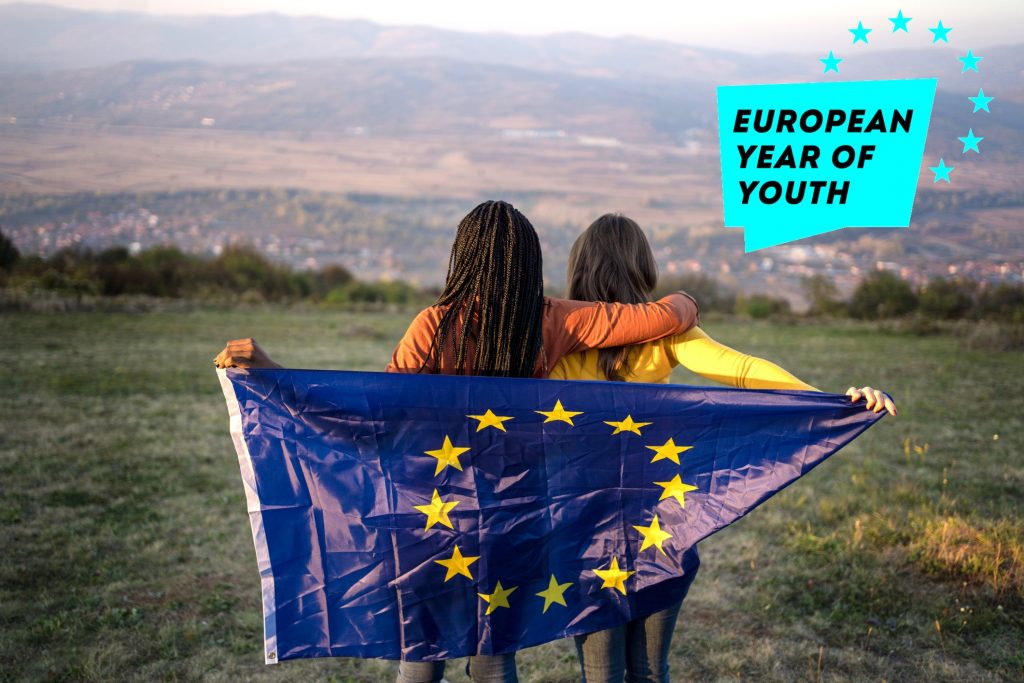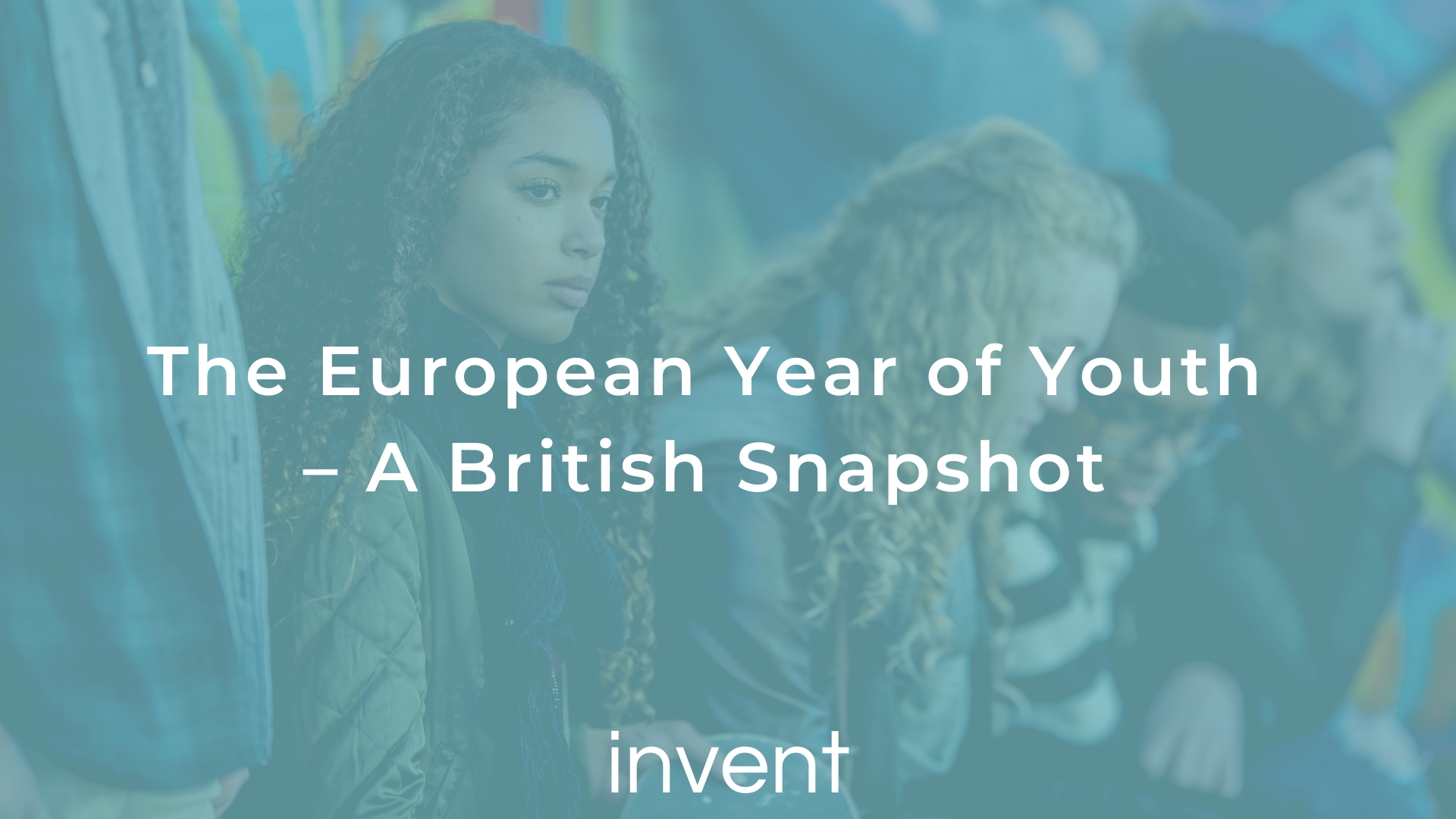At the end of 2021, the European Commission announced that 2022 would be “The European Year of Youth” (defined as people between the ages of 16 to 25). As Mariya Gabriel, commissioner for invocation, research, culture, education and youth, explained, this decision was motivated by “the importance of putting young people in the spotlight and celebrate their resilience after two very challenging years.”
The purpose of The European Year of Youth initiative is to shine a light on the importance of European youth and to build a better future for them in three main aspects – environment, inclusivity and digital media. The commission aims to coordinate throughout the year a range of activities that will connect between the European Parliament, national and local authorities and organizations, youth organizations and young people themselves. The European Year of Youth is set to pursue several objectives, among them: renewing positive perspectives for young people (especially in light of the COVID-19 pandemic) and highlighting the ways in which green and digital transitions and Union policies could advance them in their respective societies. Furthermore, the initiative aims to provide young people with opportunities to become active and engaged citizens, thus elevating their sense of belonging, and assisting young people to acquire a better understanding of the opportunities that are available to them.

United Kingdom
In light of this initiative, the UK INVENT team has turned the spotlight to data regarding the ways in which young people in the UK engage with digital media and citizen initiatives. We have looked at some of the distributions of cultural practices in a survey INVENT conducted in the UK in 2021. For instance, the British data points out that 47% of British youth communicate or share things online on a daily basis. 26.9% of them follow celebrities on social media on a daily basis, 24.2% do so on a weekly basis. 26% of British youth search for information about arts and culture once a week, the same percentage do so once a month. In contrast, 42.5% shared that they almost never share opinions on art, culture and entertainment online. Thus, unsurprisingly, young people in the UK are active users of digital media, using the Internet on a daily basis to socialize or keep up to date with their favorite celebrities. While many young Brits seek information relating to culture and the arts, almost half of our respondents never share their opinions on these topics online.
When examining British youth involvement in civic practices, we found that 32.9% of them share or sign online petitions at least once a month. Offline, however, they are less active – 58.4% of our young respondents shared they never take part in volunteer work. The difference between online and offline engagement in civic initiatives opens up room for questions about accessibility or knowledge about the different opportunities that are open for young people.
In light of the European Commission announcement, INVENT can also shed light to the ways in which European youth engage and perceive the cultural offerings and practices in their respective countries. By doing so, INVENT project demonstrates the ways in which cultural engagement could benefit and inspire the young people living in Europe today.
#JoinTheConversation
What are your thoughts on the European Year of Youth? What role do you think that digital cultural engagement plays in empowering today’s youth? Let us know in a comment or on our social media.
Curious about what European citizens in general think about culture two years into the pandemic? Read our blog post on it here: bit.ly/3GImij8
Want to know more about the findings to come out of the INVENT survey? Download our newsletter here: https://bit.ly/3GTuFrj



 This project has received funding from the European Union’s Horizon 2020 research and innovation programme under grant agreement No
This project has received funding from the European Union’s Horizon 2020 research and innovation programme under grant agreement No
Leave A Comment